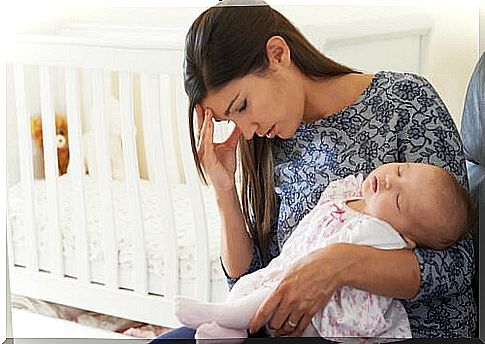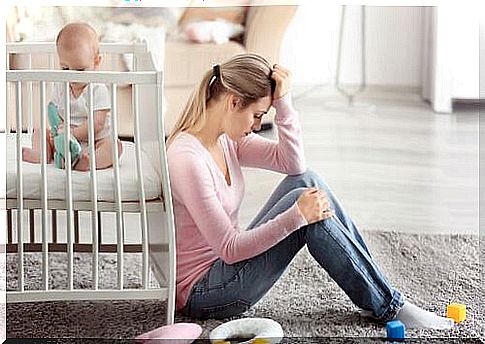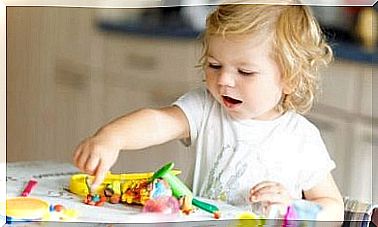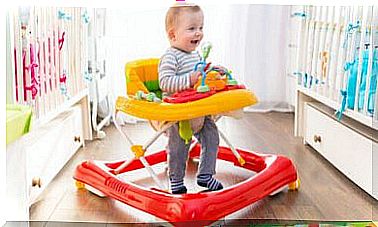How Does Depression Affect The Mother-child Relationship? – Being Parents

When a mother gives birth to a child, a magical connection is created between the two beings. However, this link can be broken for various reasons.
Depression is one of the pathologies most often explaining this type of situation. For this reason, it is important to know the effect of depression on the mother-child relationship.
When giving birth, women experience an emotional lift that can make them experience a moment of pure happiness and a moment of deep sadness all in one day.
There are many causes that can cause this type of variation. However, the child can be positively or negatively affected by these changes.
Women who are becoming mothers for the first time may particularly experience fear and frustration during their first days as a mother. This can end up directly affecting the child and even their family and social environment.
In a depressive context, it is very important to seek professional help in order to avoid the prolongation of the situation. The latter could have consequences on the development of the baby.
When the child is a little older, it can have the same consequences. Indeed, the natural behavior supposes to do everything to satisfy the mother, even if this must cause suffering.
How Does Depression Affect the Mother-Child Relationship?
English psychoanalyst Donald Winnicott has made significant progress in analyzing the treatment of depression in mothers and their effects on the mother-child relationship.
His interest in the study of this pathology grew enormously after consulting a patient and observing the consequences of depression.
The mother in question was wondering about her child’s weight loss and was hiding other situations that concerned her. The reality in the patient’s home was delicate. The woman was mistreated by her husband and the child, being present during these violent episodes, showed a lack of appetite.
Although the child was able to regain his appetite, the psychologist recommended that the woman seek psychological treatment. He made her understand that depression was having an impact on her mother-child relationship.

Damage of depression on the mother-child relationship
Behavior changes
Depression in a mother can cause a decrease in affection for her child. The consequences of a lack of maternal affection are varied, especially when it occurs during a depressive episode.
Many violent children are children who do not receive enough affection and are completely neglected.
Another type of problem that can affect mothers with depression is changing their priorities. They remove affection for their children from their priorities without considering the terrible consequences that could have.
Insecurity
This is one of the most significant effects of the damage of depression on the mother-child relationship. The woman, in her role of mother, is responsible for providing security, tranquility and calm to the child. This gives him a comfort zone and it reduces the possibilities of emotional alteration.
Finding herself in a depressive episode, her priorities change and she leaves aside the emotional protection of her child. This can have a very serious impact on the child throughout his life. For example, he may be socially behind, feel rejected or have no confidence in anyone.
Alteration of the natural bond between a mother and her child
When a mother suffers from depression, she neglects the care she should have for her baby and weakens the bond she has with him. The child will not be able to establish a similar connection with someone. The one who carried it within her for 9 months is the only one who is capable of it.
In this case, the baby will need to receive attention from someone with whom he does not have this magical connection. Her primary needs may be met, but never as they would have been with a mother’s love.

Withdrawal into maternal self
In this state, the mother is unable to correctly interpret her baby’s signals. Sensitivity to their needs therefore decreases considerably. By isolating herself in her own thoughts and not paying attention to her surroundings, the woman doesn’t even realize that her depression is affecting her mother-child relationship.
A depressed mother will have an unstable and unhealthy life. This will cause damage to her child. It is therefore necessary to seek professional help to overcome the problem as quickly as possible. Thus, some sequelae can be avoided.









